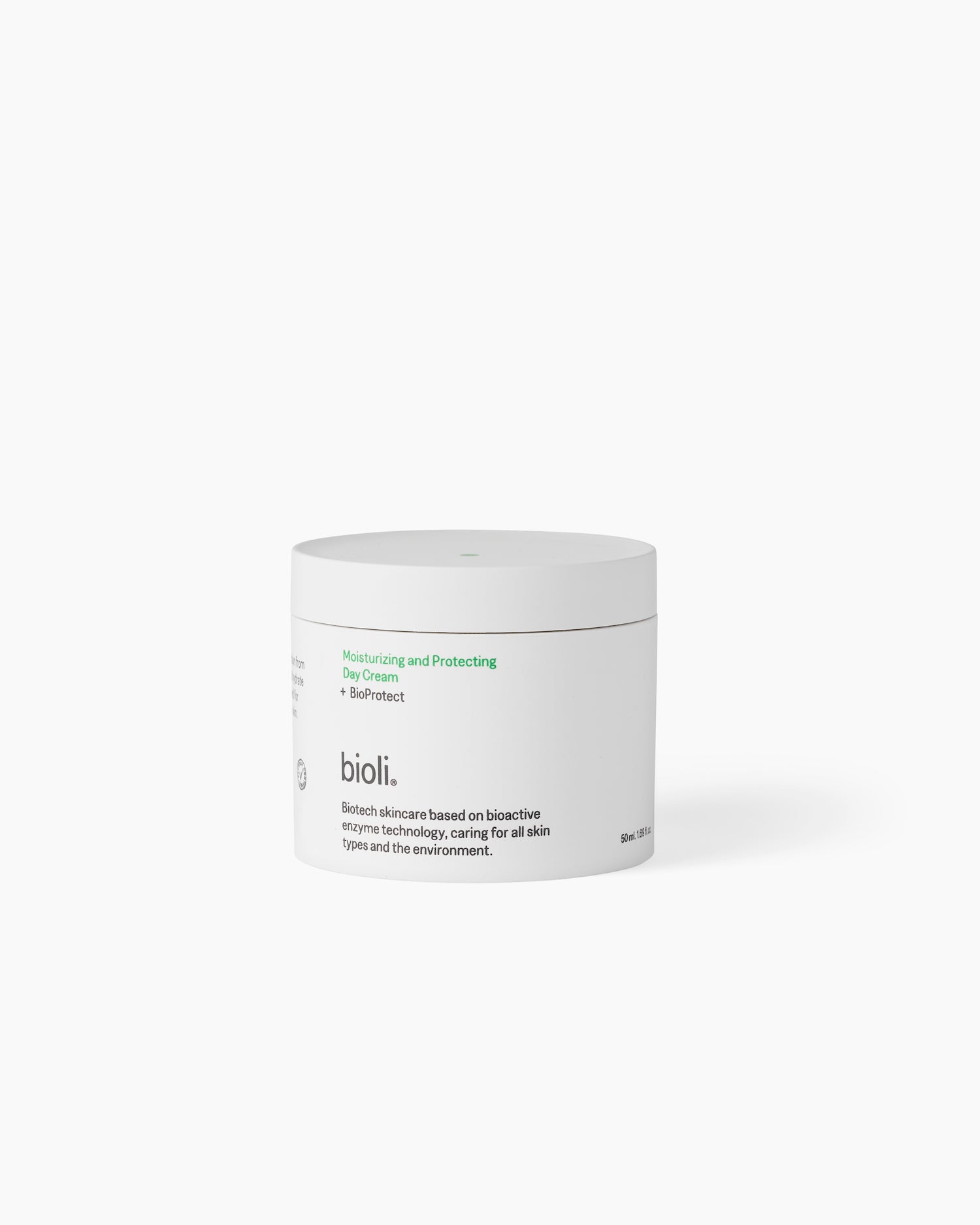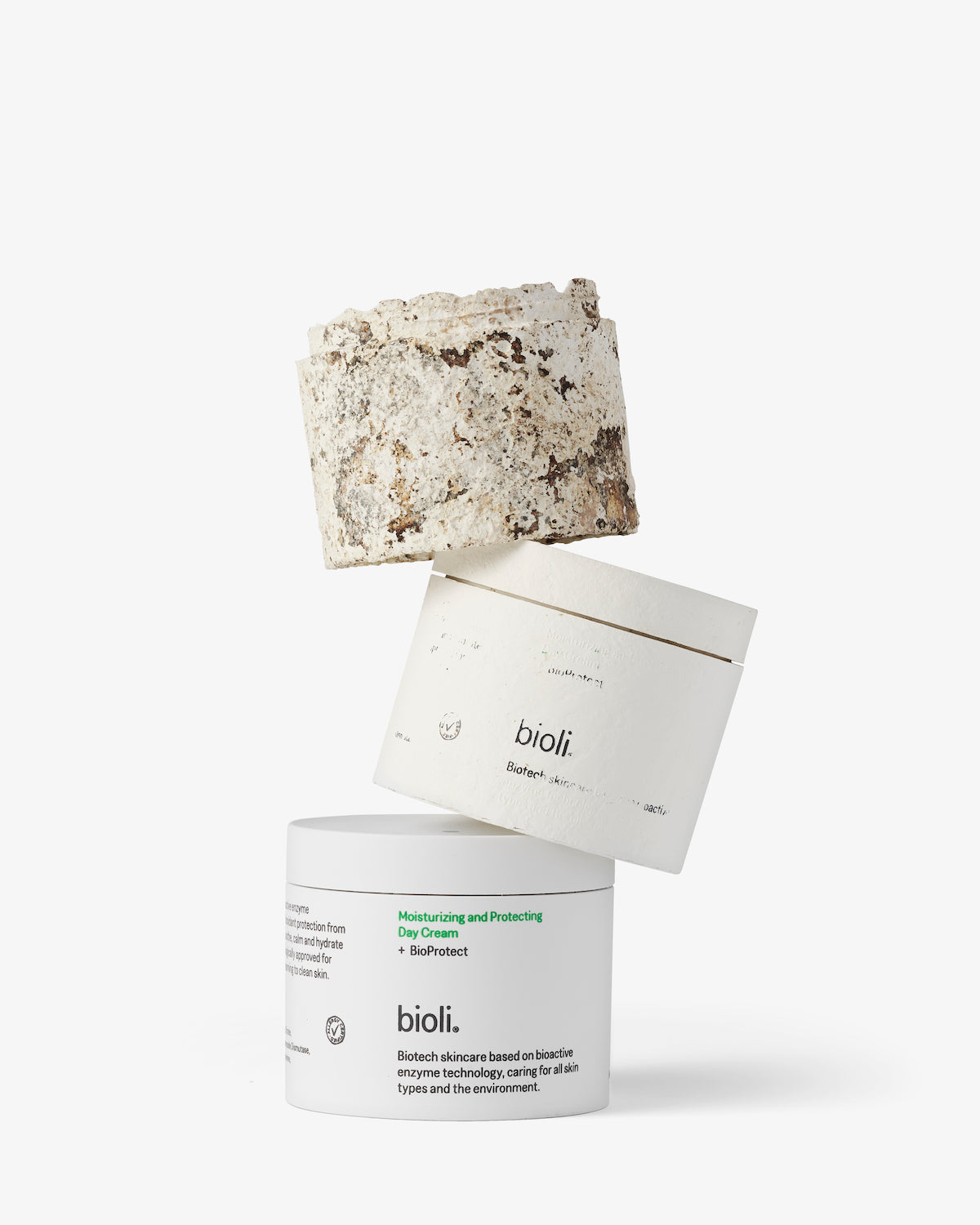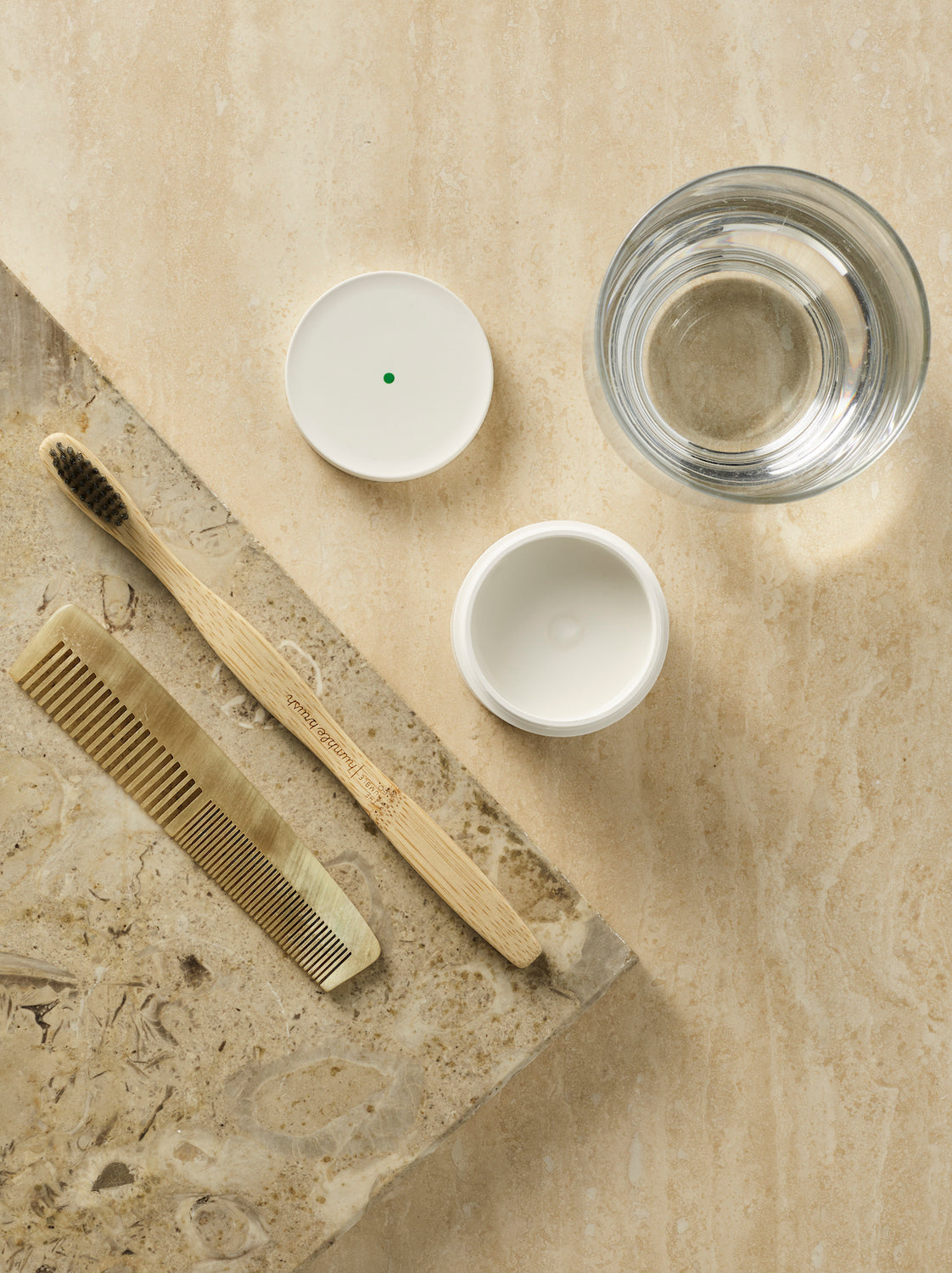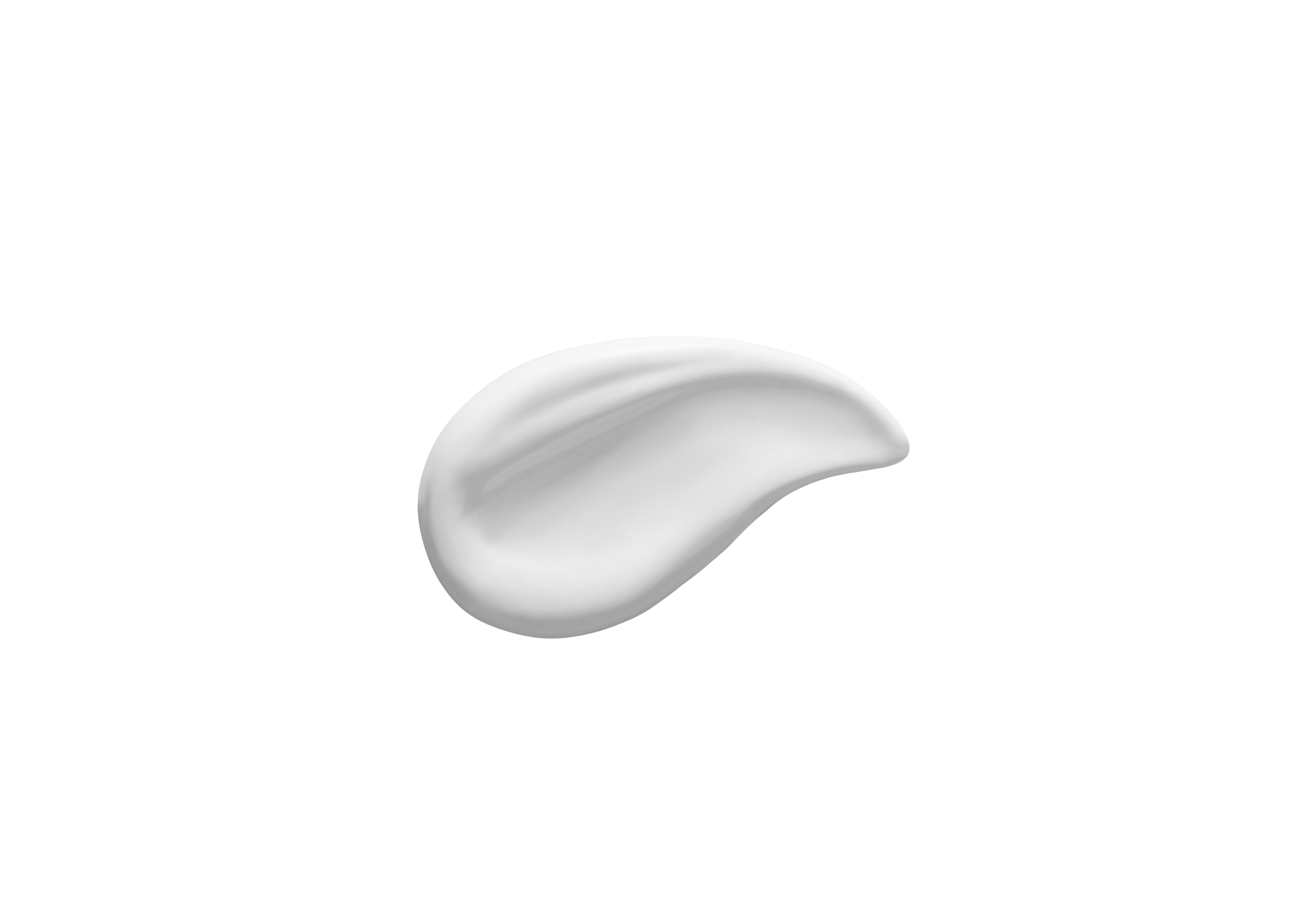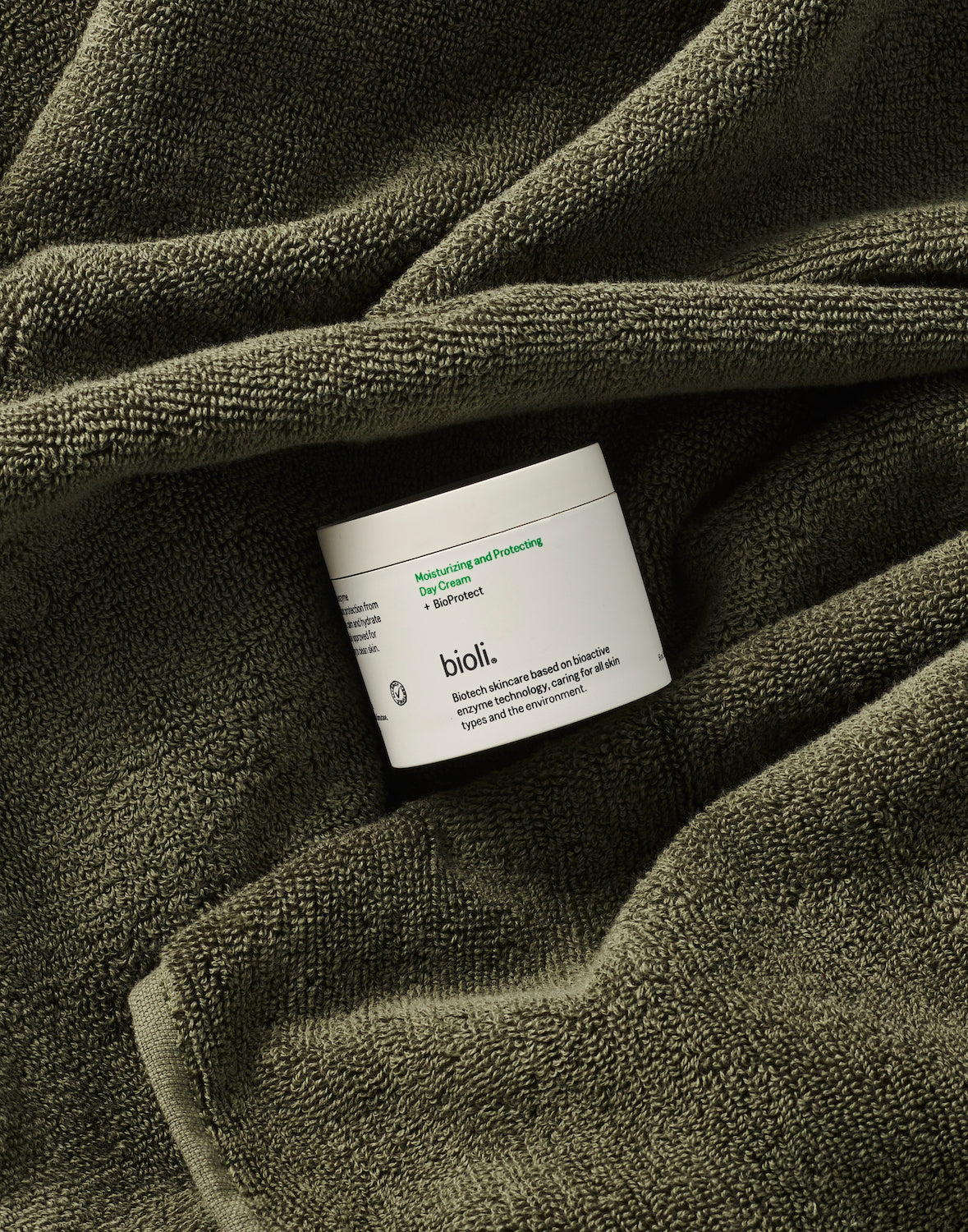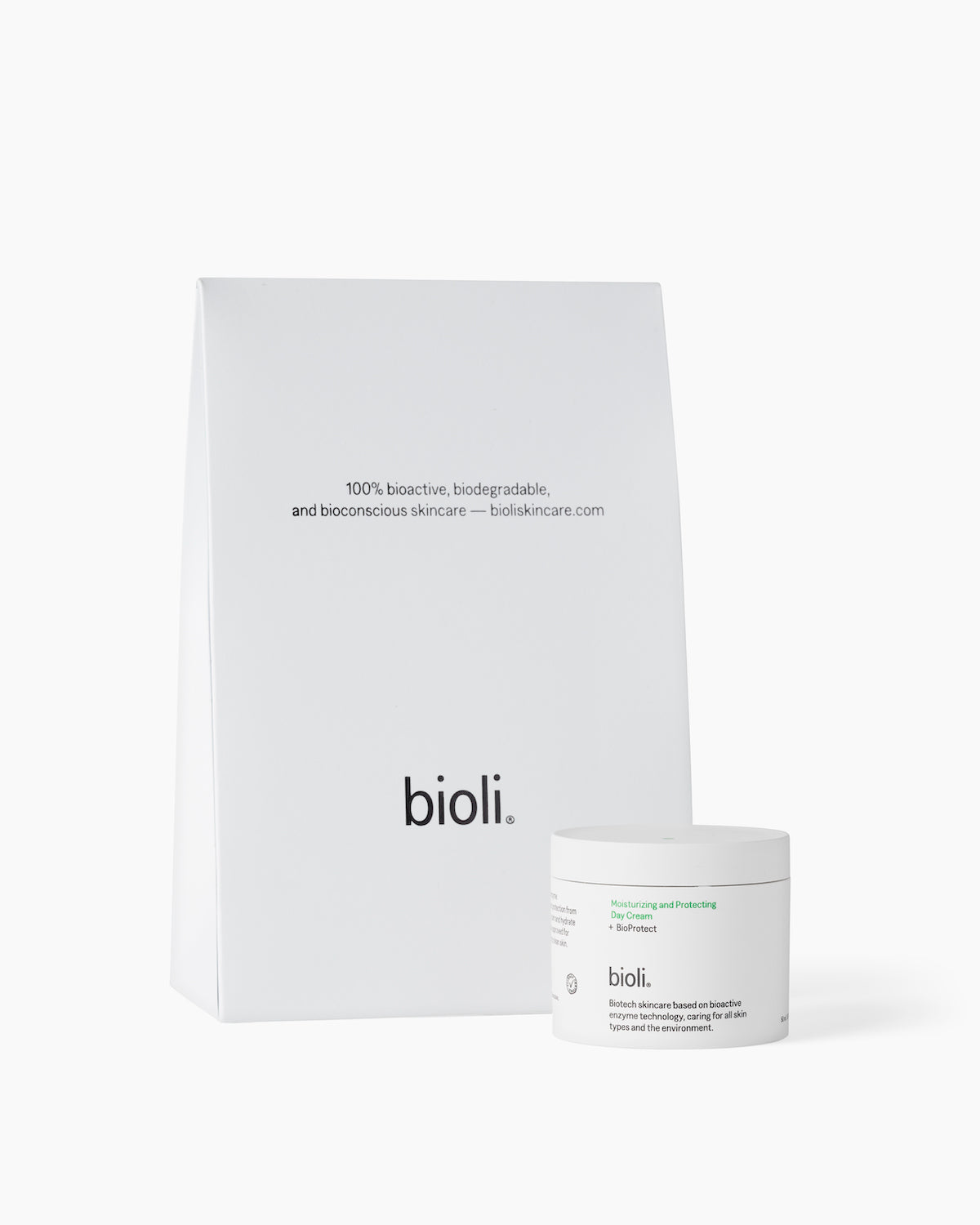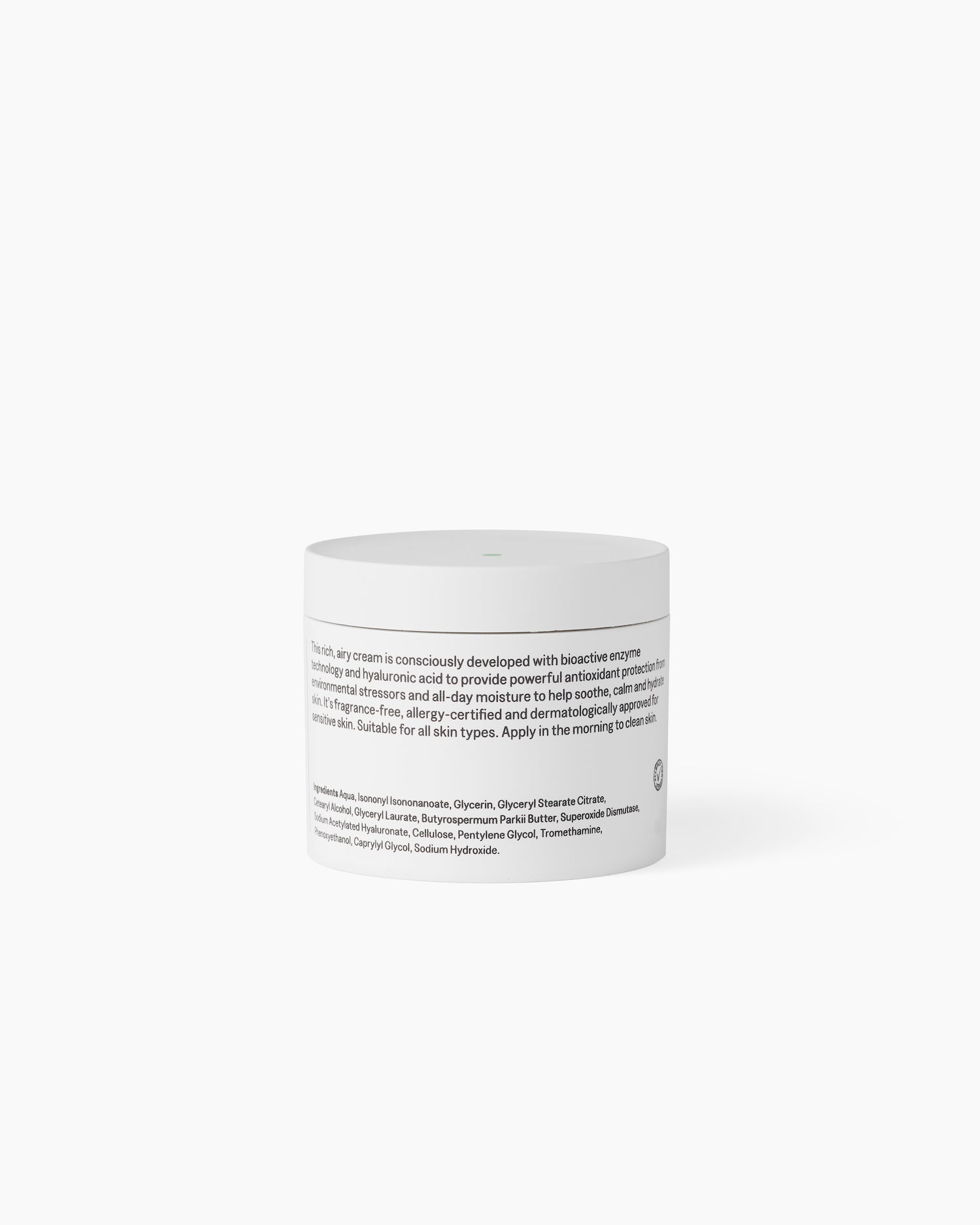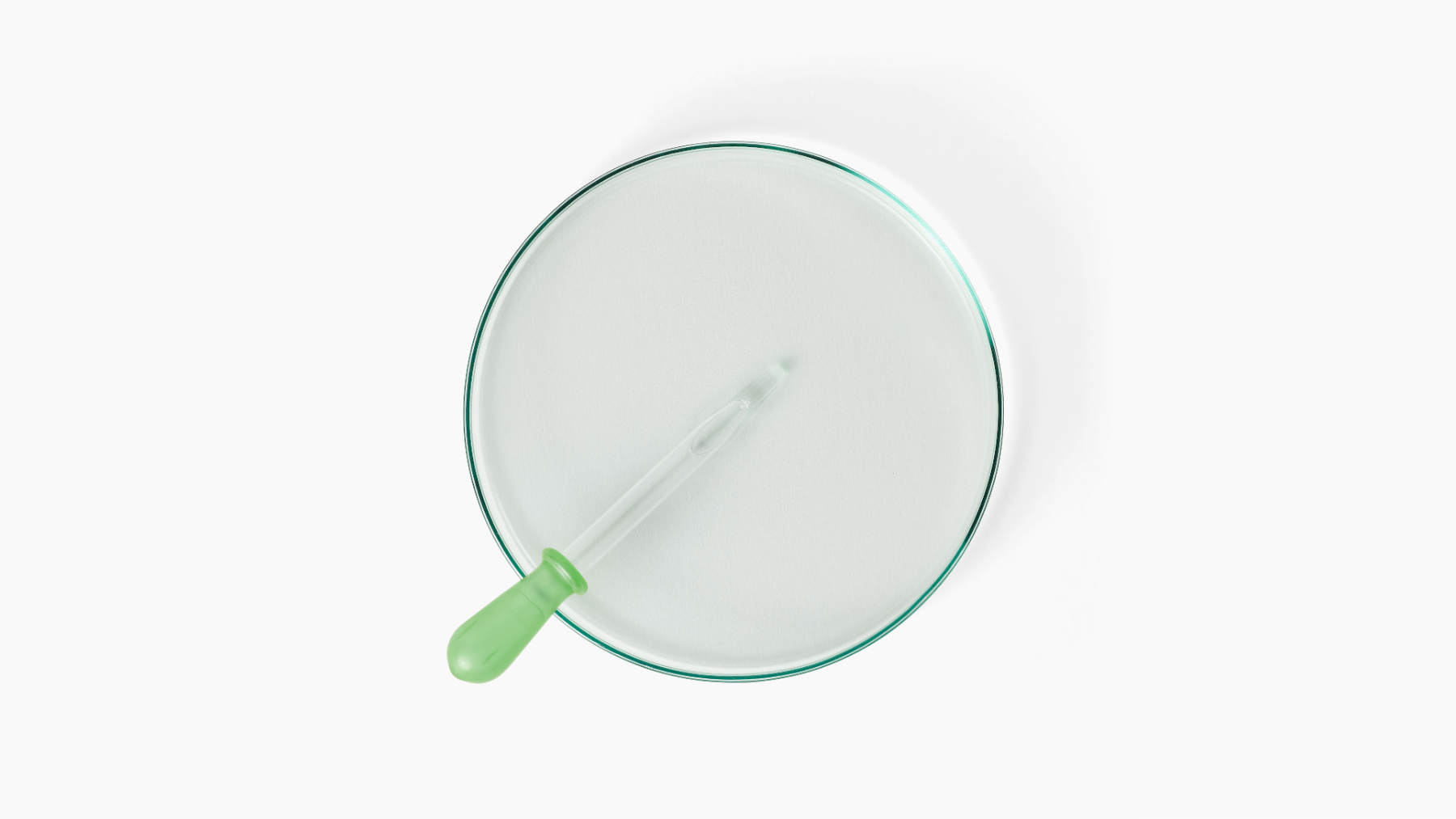The number of skincare products touted as "must-tries" is staggering. Studies conducted in the US reveal that women use an average of 16 beauty products daily. The same applies in the UK. While this includes both skincare and cosmetics, it's clear that the number is quite high - especially considering that some of these products might never be used and instead end up as waste.
Unsustainable consumption
Due to the ever-worsening effects of climate change, there’s a lot of focus on responsible consumption when it comes to the food we eat and the clothes we wear.
"The fact is that the beauty industry is also one of the most unsustainable industries",
says the CEO of Formula Botanica (The leading online teaching institution for organic formulation and indie beauty) Lorraine Dallmeier in one of her podcast. Surprisingly, the skincare industry seems to have gone under the radar.
Doctor and preventative medicine expert, James Hamblin, highlights the same issue in his interesting book Clean, where he examines the science and culture of skincare today:
"From pharmaceuticals to soaps and other personal care products, Americans are clearly overpaying for – and overusing – products and services that are supposed to make us healthier. The pattern of consumption is unsustainable, and much of it may be doing more harm than good."
Evolving business approaches
Many brands talk about sustainability, often focusing on their use of natural ingredients and recyclable PET plastics for packaging. However, as Formula Botanica CEO Lorraine Dallmeier emphasizes in the same podcast mentioned earlier:
"No one is having the difficult conversation around consumption and acknowledging that the consumption of beauty products is out of control."
The British Beauty Council writes in their 'Courage to Change report':
“The moment has arrived for the beauty industry to rise to the challenge of developing more sophisticated business models than simply encouraging consumers to buy more stuff.”
Hopefully, the growing eco-consciousness will soon foster more mindful beauty consumption with fewer products to reduce the environmental impact and demand more from the brands.
Not as sustainable as it may appear
While many brands claim to be sustainable to meet consumer demands, their practices might not align with their claims. For instance, they offer products in glass. Glass is heavy to transport. Or products come in plastic, which might be recyclable but that half of us don’t recycle.
Some products even include perfume, contributing to air and water pollution, which we will explored in this article, and microbeads, which leave behind microplastics and harm the environment.
We can also contribute. It is also a matter of taking a thorough look at the skincare we normally buy and do a bit of research in terms of how sustainable they really are ranging from development, production, use, disposal and shipping of ingredients and packaging.
Encouragingly, new trends like ‘Circularity’ and ‘Sustainability beyond packaging’ are also gaining traction in the skincare market.
Embracing the Era of Essentials
In essence, it’s time to adopt a less-is-more approach, favoring products with multipurpose or essential functions and with a sustainable focus.
In the same Formula Botanica podcast mentioned earlier, they also explore the phenonemom: 'The Age of Essentials'. 'The Age of Essentials' involves carefully considering purchases based on daily habits, and asking yourself these questions:
"How you integrate the products. And how much of a function actually serves in your routine. Is there one product that could serve two functions – so you don’t have to buy two",
says Lorraine Dallmeie.
There’s room for us to explore what we really value and enjoy using in our routines, allowing us to eliminate products that we don’t feel work or aren’t necessary whilst also retaining some of the enjoyment and pleasure you get from your routine.
Adopting a less-is-more approach is also very beneficial if you suffer from sensitive skin. In this article, you can learn how else to take good care of your sensitive skin.
What can you do?
Establishing a sustainable habits will require you to think about an essential and minimalist routine.
While this will vary from person to person, a good place to start is by taking a deep look into your bathroom cabinet and use what you have. Subsequently, focus on reducing consumption by opting for fewer, longer-lasting products. Prioritize products with fewer essential ingredients, and commit to finishing a product before acquiring a replacement. If you really want to go all-in, take a look at the packaging as well. Opt for packaging that's not too heavy, recycle your plastic correct and consider refillable and biodegradable solutions.
Think mindfully about what you really need, maybe change your usage and think about your needs well before you get to the point of purchase – even when shiny new products are there to tempt you.


